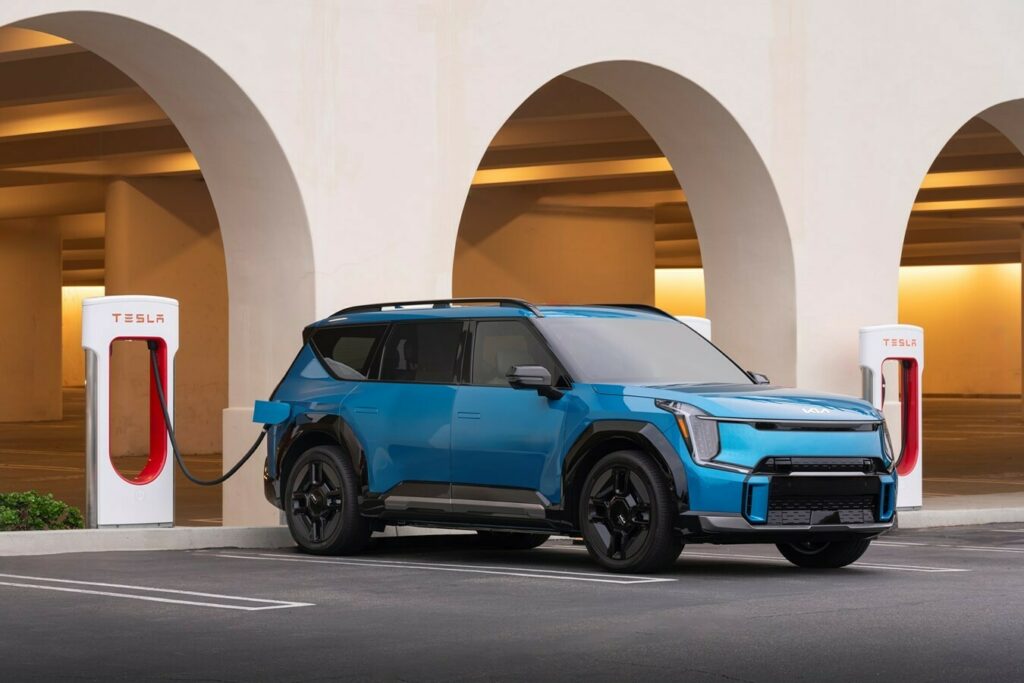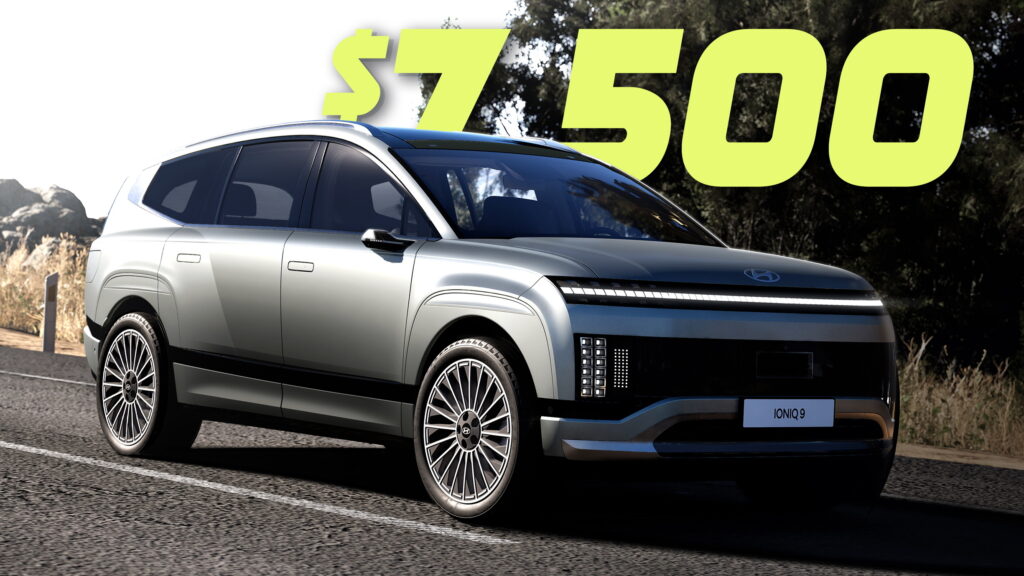- Automakers heavily invested in U.S. EV production brace for fallout from Trump’s reforms.
- Elon Musk has previously thrown his support behind the abolishment of the tax credit.
- Some experts warn EV buyers to act quickly, as $7,500 tax credits may soon disappear.
Will the much-vaunted Biden-era EV tax credits disappear when president-elect Donald Trump enters the Oval Office early next year? That’s the looming question for both consumers and automakers who have heavily banked on these subsidies to accelerate the EV transition.
The Inflation Reduction Act (IRA), signed into law by President Joe Biden in 2022, offered a lifeline to the fledgling EV market with federal tax credits through 2032. Buyers of new EVs currently enjoy up to $7,500 in credits, while used EV buyers can claim up to $4,000. The program has seen significant uptake this year, with more than $2 billion in credits already claimed across 250,000 new EVs and 50,000 used ones since January.
The Clock is Ticking
While these tax credits have been a boon for consumers, Donald Trump reportedly plans to scrap them as part of his broader tax reform agenda. He has repeatedly vowed to “cancel the electric vehicle mandate”. CNBC consulted legal and automotive experts, many of whom suggest the likelihood of these credits surviving under Trump’s administration is slim, prompting warnings for consumers to act quickly.
“There’s no question there’s real risk in the EV credit going away,” Hogan Lovells law firm partner Jamie Wickett told CNBC. “If you’re a consumer in the market for an EV, I would without a doubt push that into 2024, if at all possible — whether an outright purchase or a lease — just to reduce the risk of the credit going away.”
Read: 300,000 EVs Claimed $2 Billion In Tax Breaks, And You Helped Fund It
Chris Harto, a senior policy analyst at Consumer Reports, echoed this sentiment, adding, “Right now is probably going to be one of your better opportunities to buy or lease an EV at a good price, at least for a few years.”

A Boost at the Point-of-Sale
The $7,500 tax incentive has been particularly impactful this year, as it can now be applied directly at the point-of-sale. Approximately 93% of new EV buyers have had the credit deducted immediately by the dealer, significantly reducing upfront costs. Under the previous system, buyers had to wait until tax season to claim the credit, which often made the program less accessible.
Additionally, this setup has fueled a surge in EV leasing. According to Jessica Caldwell, executive director of insights at Edmunds, leases accounted for 79% of EV transactions at dealerships in October, Bloomberg reports. The credits have made leasing a far more attractive option, particularly for consumers looking to dip their toes into the EV world without a long-term commitment.
The Musk Paradox
Complicating matters further is Elon Musk, who has emerged as one of Trump’s staunchest allies and a key player in his successful campaign to reclaim the presidency. While Tesla has been a major beneficiary of the federal tax credits, Musk has publicly supports scrapping the subsidies.
He claims doing so will ultimately benefit Tesla by hobbling competitors like GM, Ford, and Hyundai, who rely more heavily on the credits to make their mainstream EVs competitive. Musk’s confidence likely stems from Tesla’s dominant position in the market, bolstered by vertical integration and superior margins, which are advantages few rivals can match. In other words, Tesla can and will drop prices if push comes to shove. Can legacy automakers do the same? As we’ve seen, the answer is likely no.
Automakers Will Push Back
Of course, political promises are one thing; implementation is another. While Trump’s intent to scrap EV tax credits seems clear, the reality of following through may prove far more complicated. Both domestic and foreign automakers have invested heavily in the U.S. under the IRA’s provisions and are unlikely to sit quietly on the sidelines. They will no doubt push back, arguing that such abrupt policy changes could disrupt not just the EV market, but also the broader economy.
As the Chinese proverb says, “May you live in interesting times”—and these are certainly those times.




